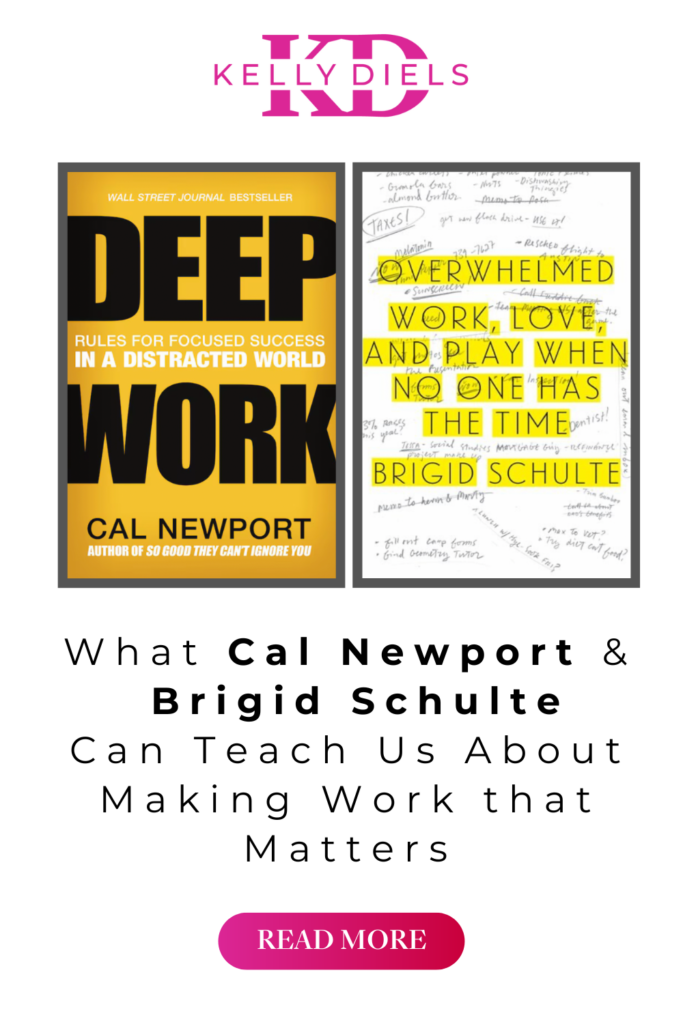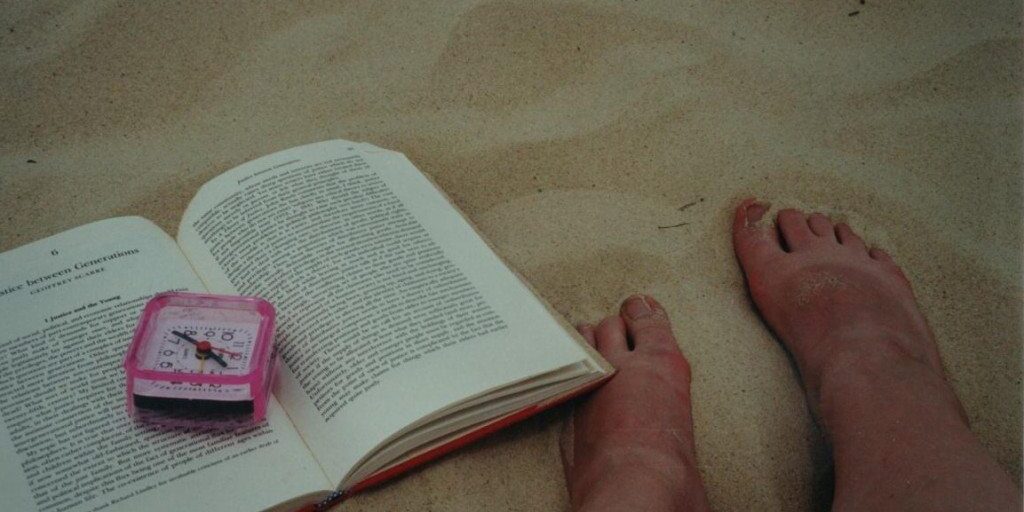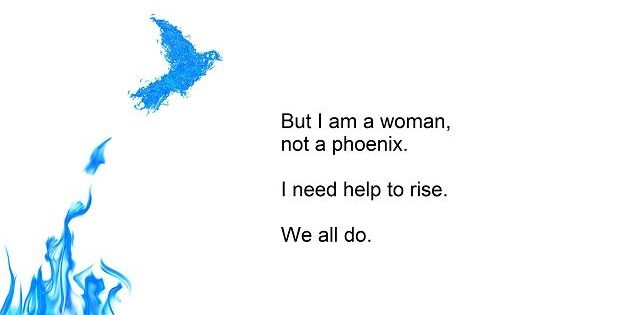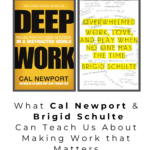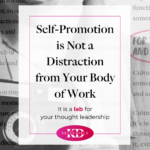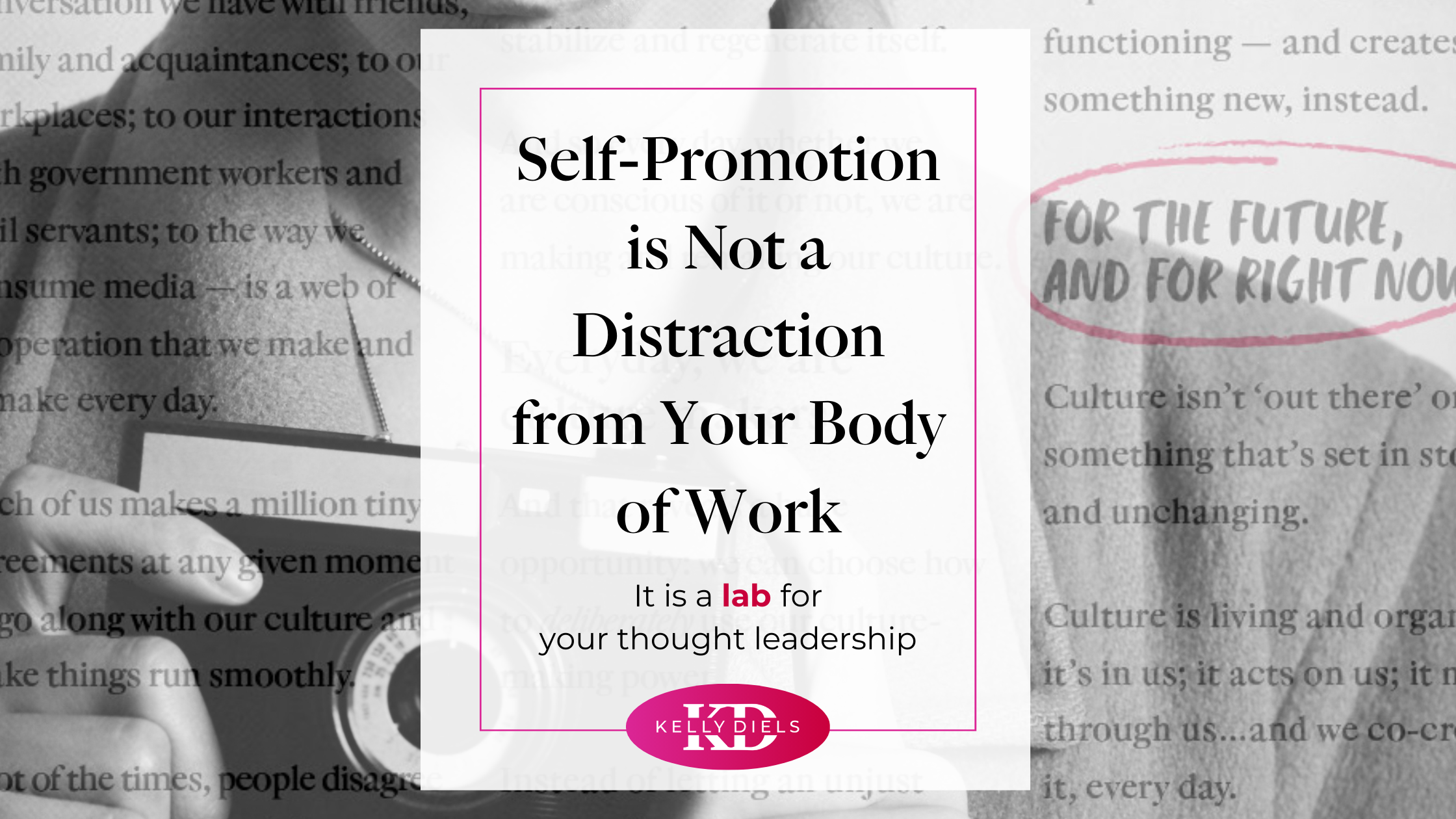
Meaningful Bodies of Work Require “Base Hits”

3 Surprising Key Activities for Thought Leaders that are NOT a Distraction From Your Work
Serious people often think social media is frivolous. A time-suck.
Or that marketing, networking & self-promotion takes your time away from the *real* work.
But if you think about your thought leadership & body of work like a baseball game…
(BLUEJAYS 4LIFE)
…then you need to know that games aren’t won by hitting home-runs.
That’s why my dad, who used to coach me, taught me to aim for base hits.
“Just make contact with the ball,” he’d tell me. “Get on base.”
The goal, according to the gospel of Arthur Diels, is to get yourself a base hit.
Now you’re on first base. Another base hit from a team mate moves you to second base. Another gets you to third. A fourth base-hit takes you across the plate.
That’s how your team wins.
Not with homeruns — although of course if you keep swinging eventually homers are also going to happen — but by getting on base, over and over again.
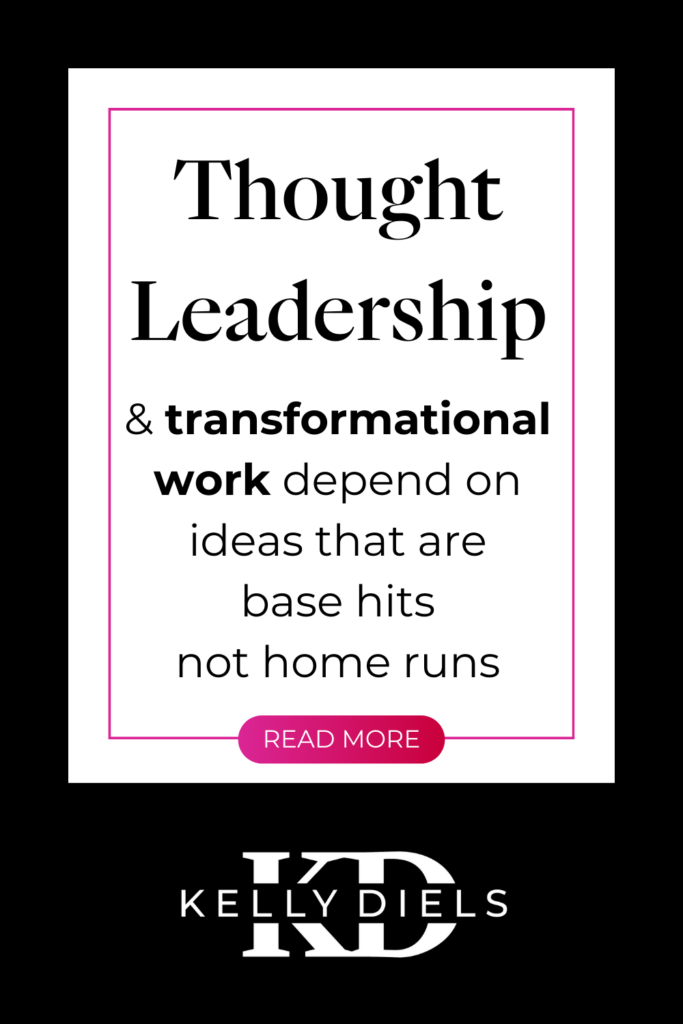
Transformational bodies of work — thought leadership! — are like that, too.
- You don’t need to write a home run with every blog post or social post.
- Or knock every podcast episode out of the park.
- Or privately practice swinging at that novel for 50 years but never get on the field.
You just need to steadily put out your ideas, day after day, base after base.
Across time your base-hit ideas add up to a winning and SIGNIFICANT body of work.
AND…that’s what marketing is. That’s what social media can be. That’s what deliberate self-promotion is.
Those key thought leadership activities are you, taking a swing and making contact with the ball. They’re base hits.
They get your ideas out there, where they start adding up to a meaningful body of work.
They’re not a distraction from ideation. They ARE your ideas.
That’s why committing to a daily practice of putting out ideas as base hits can develop your body of work and move it forward…
…instead of stealing time from it.
With that in mind, here are Three CounterIntuitive Practices that BUILD Your Body of Work, Rather Than Distracting from It:

1. SOCIAL MEDIA.
It’s not *just* about getting attention. Social media can be a lab for cultivating your ideas, so put snippets of ideas out on social, every day. Some of them you can later expand, like an accordion, into blog posts or podcast episodes or videos or tutorials or course modules or book chapters. (Or all them!) Having something to work with — even a tweet or a teeny-tiny social post — makes it easier to get creative momentum than a blank screen. (Pro tip: publishing on social every day doesn’t mean you have to CREATE, every day. Set aside flow time and then use a social media scheduler to autopublish your output. We have machines so we don’t have to be machines.)
2. NETWORKING.
Listen, I was the kid who dreaded group work. When I go to parties, I’m the person intensely communing with the dog in the corner of the kitchen. I like to put my head down and work. Like Greta Garbo, I VANT TO BE ALONE. So I always thought that taking time out to hang out was stealing time from my business or my body of work. It is NOT. Having conversations with interesting people — even preaching to boring ones — provides creative stimulus and opportunities to forge creative connections and embroider your ideas. Put standing dates on your calendar to talk to colleagues and peers and go to events where you’ll meet people inside and outside your field. It will move your ideas forward AND create more professional opportunities.

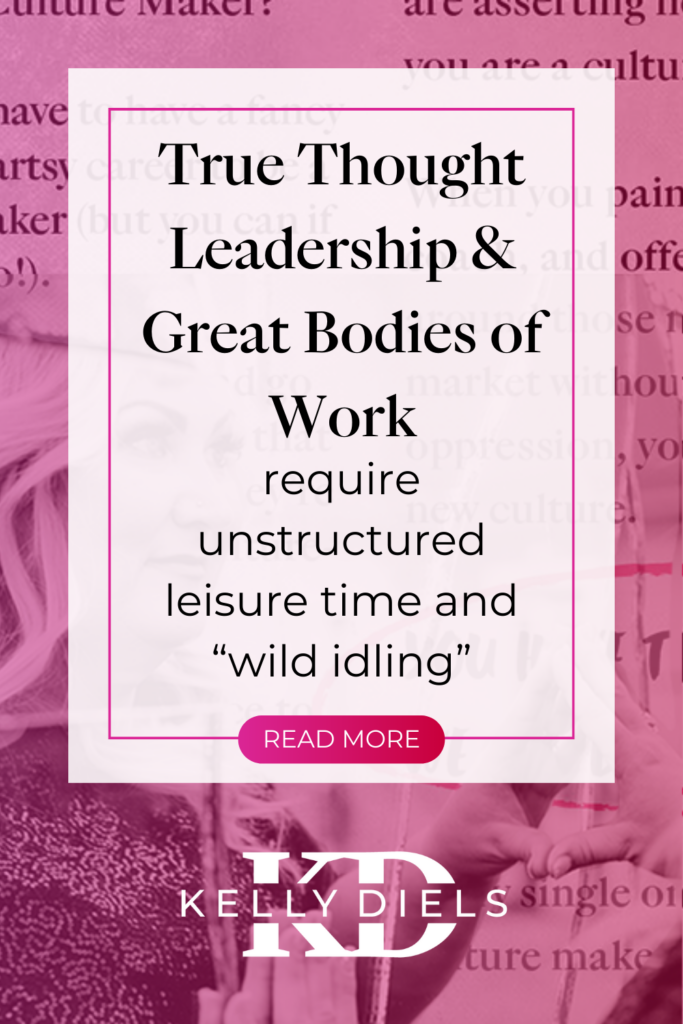
3. WILD IDLING.
In her book, Overwhelmed, Brigid Schulte1 identifies one of the key factors that allowed ‘the greats’ to create canonical, culture-changing work: leisure time. (That’s why who does and does not have access to unstructured leisure time is culturally and politically significant.) Cal Newport also spots the pattern and the necessity of unstructured time in his book, Slow Productivity2. Laying in the grass looking up at the tree leaves, exploring, going for walks are times when our mind can roam and suddenly new connections are made and new ideas emerge. Lianne Raymond calls this “wild idling”3 and prescribes wild idling time as a practice to her coaching clients. So even though it seems frivolous and like it might pull focus from your work, wild idling time is essential for doing great work. Ideas need time to cook.
ONE MORE TIME, WITH FEELING:
Self-promotion is not a distraction from your body of work. Neither is time not spent working.
It’s part of how you create meaningful work that matters. It’s an idea-growing practice.
And those ideas don’t have to be flawless or fully-finished or a home-run every time.
Just get up to bat and get your base hit.
Resources & Citations
- Overwhelmed by Brigid Schulte was a life-altering read for me ↩︎
- Slow Productivity (aff) by Cal Newport and also this podcast conversation between Ryan Holiday and Cal Newport. ↩︎
- I learned the phrase ‘wild idling’ from Lianne Raymond, here. ↩︎
Pin This Post:

